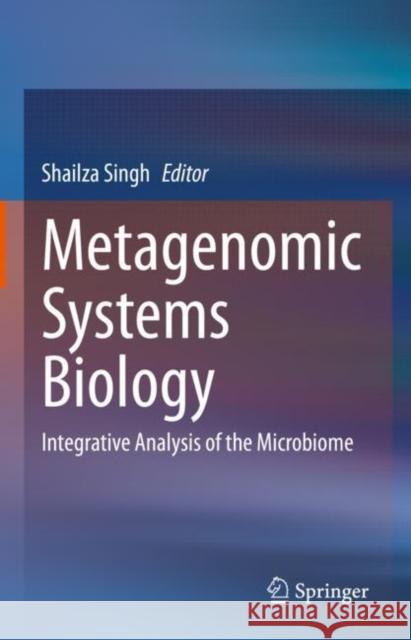Metagenomic Systems Biology: Integrative Analysis of the Microbiome » książka
topmenu
Metagenomic Systems Biology: Integrative Analysis of the Microbiome
ISBN-13: 9789811585616 / Angielski / Twarda / 2020 / 205 str.
Metagenomic Systems Biology: Integrative Analysis of the Microbiome
ISBN-13: 9789811585616 / Angielski / Twarda / 2020 / 205 str.
cena 644,07
(netto: 613,40 VAT: 5%)
Najniższa cena z 30 dni: 616,85
(netto: 613,40 VAT: 5%)
Najniższa cena z 30 dni: 616,85
Termin realizacji zamówienia:
ok. 22 dni roboczych.
ok. 22 dni roboczych.
Darmowa dostawa!
Kategorie:
Kategorie BISAC:
Wydawca:
Springer
Język:
Angielski
ISBN-13:
9789811585616
Rok wydania:
2020
Wydanie:
2020
Ilość stron:
205
Waga:
0.45 kg
Wymiary:
23.88 x 19.56 x 1.27
Oprawa:
Twarda
Wolumenów:
01











